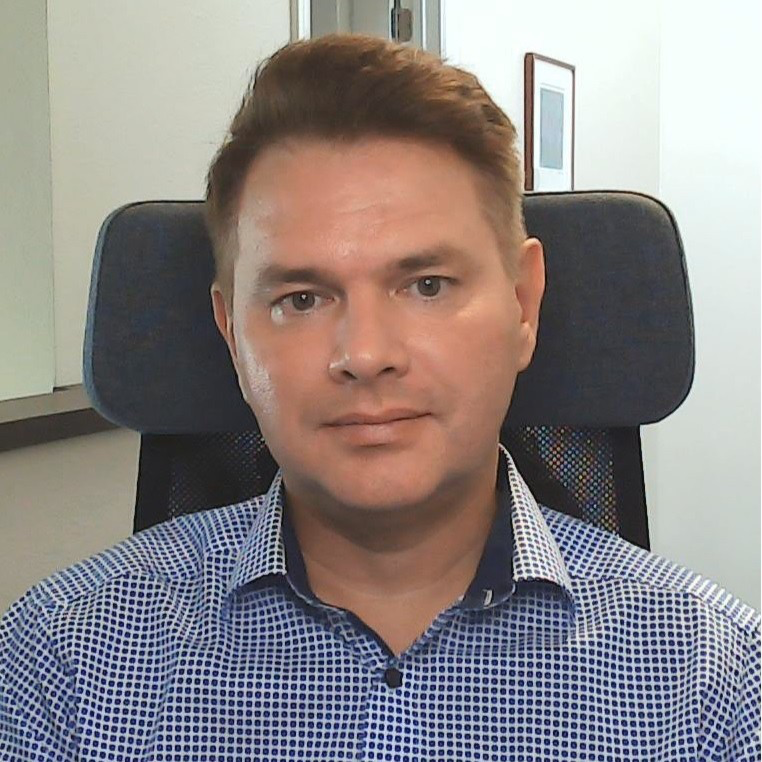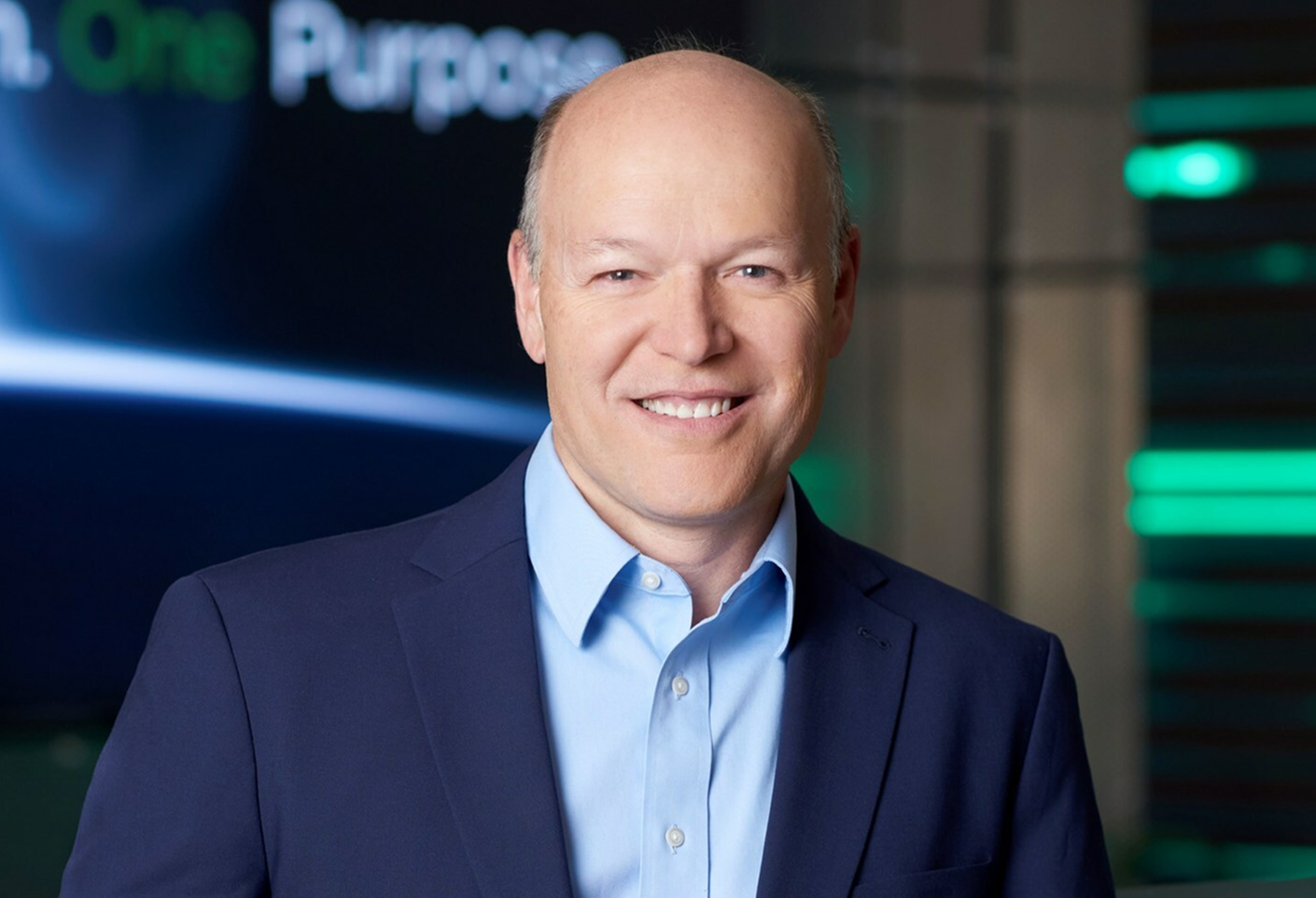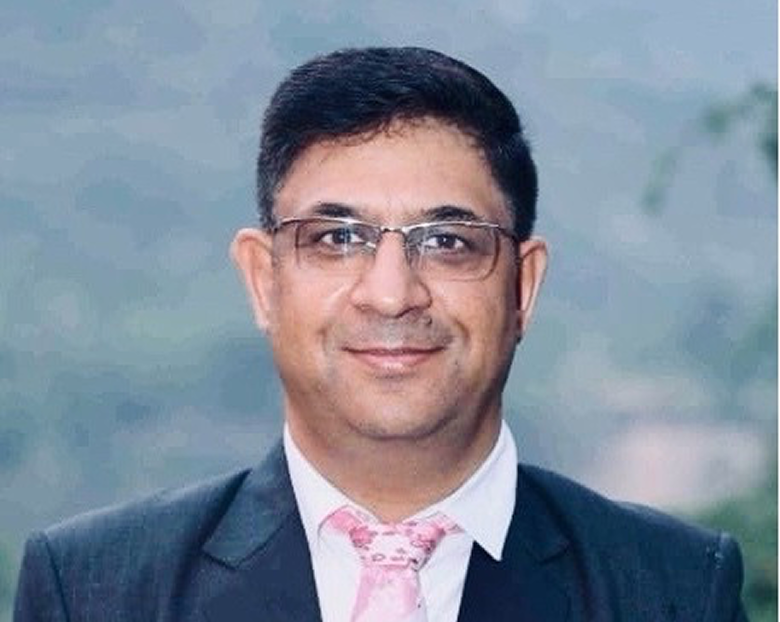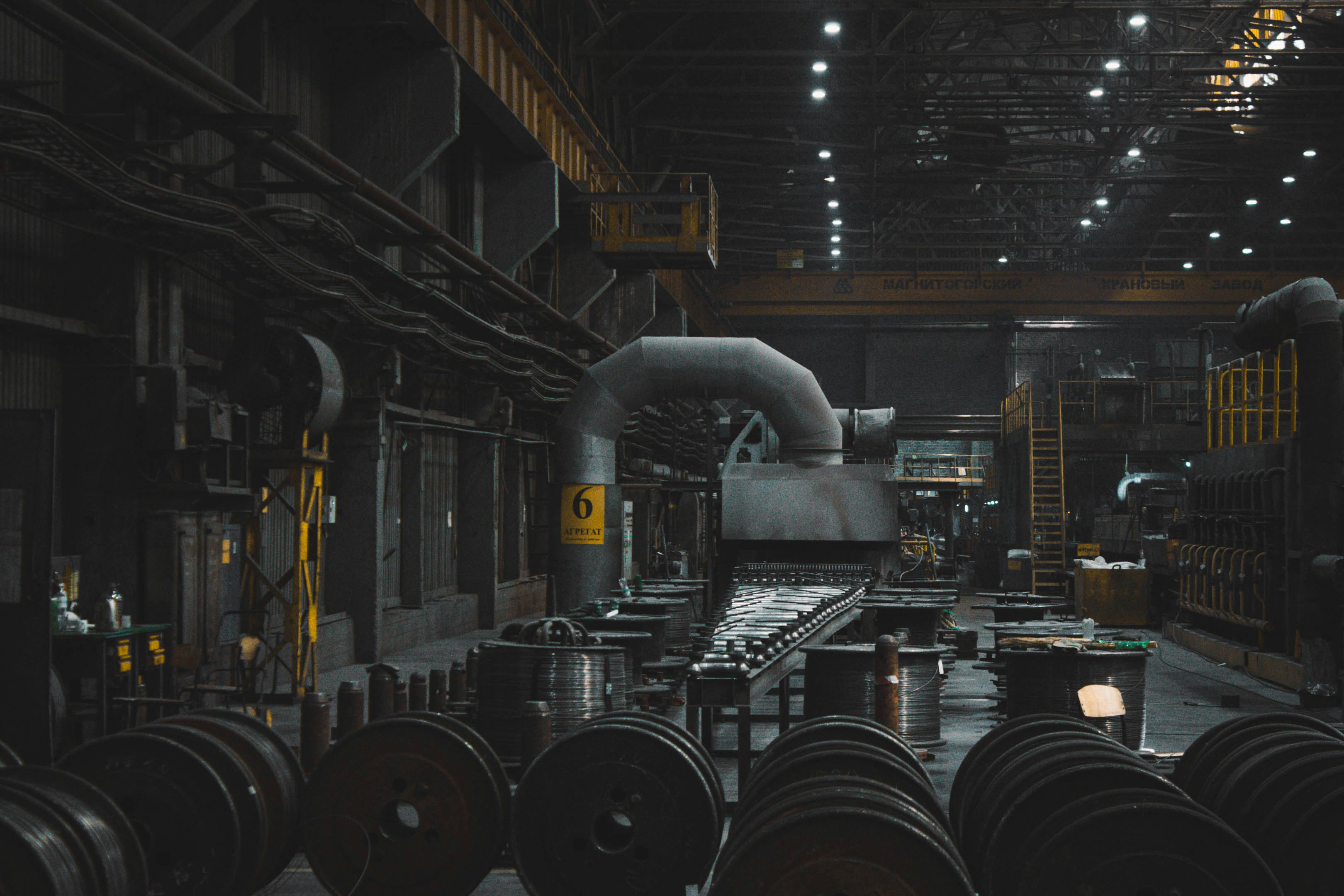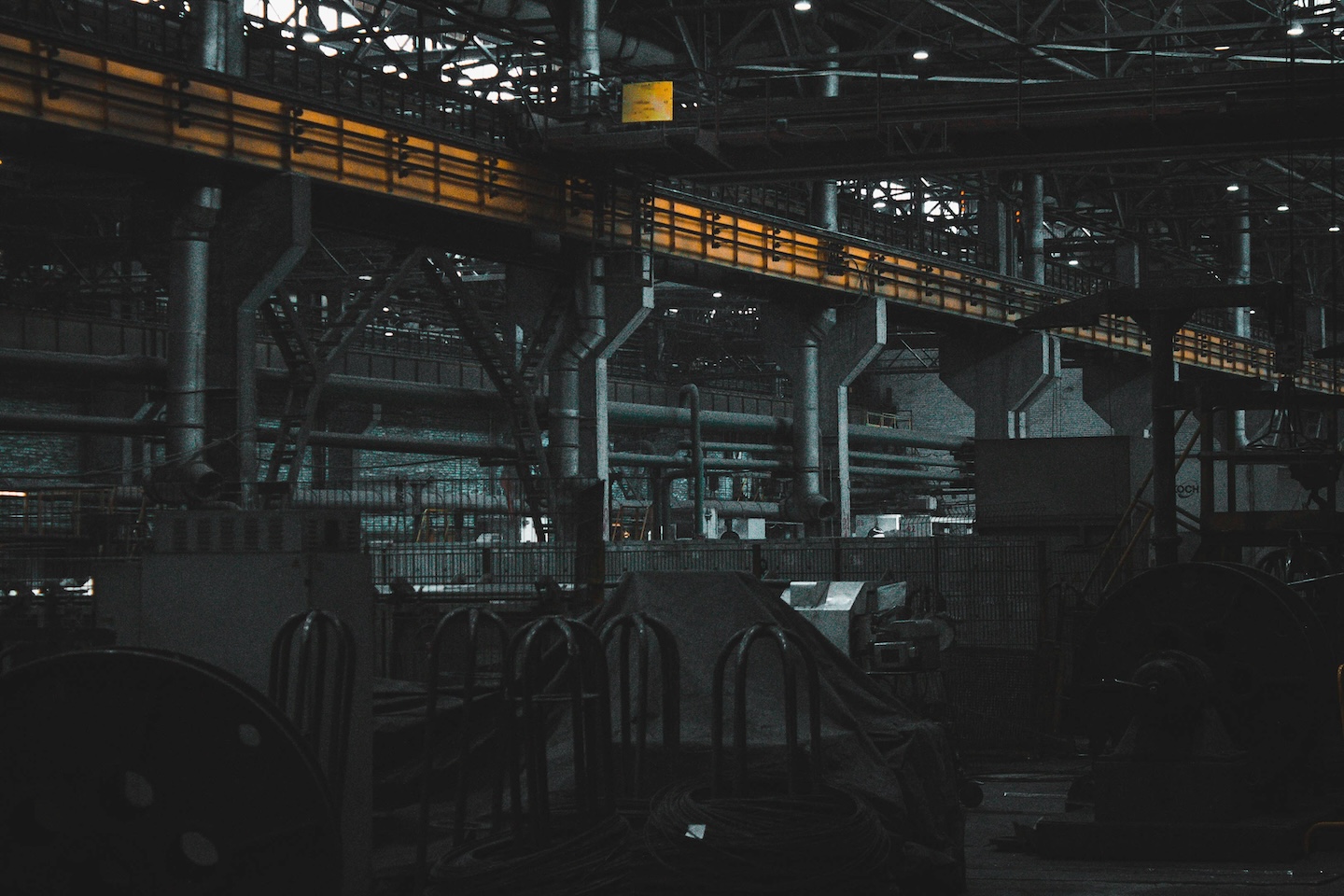In this episode, host Vineet Gupta speaks with Gerald Kafer, Solutions Manager and Technical Fellow at Siemens, on the practical realities of scaling AI in industrial operations. Kafer stresses the importance of pairing quick proof-of-value projects with enterprise-level infrastructure investments. He highlights that successful AI deployment hinges on strong OT-IT integration, continuous model management, and federated data governance. Viewing AI as a competitive advantage, Kafer believes empowered teams using AI tools will outperform those resisting change. His advice: start small with real use cases but build the standardized data foundations needed for long-term scale.
In this episode
- Gerald’s Journey at Siemens: Kafer reflects on his 20-year career at Siemens, evolving from early neural network research to cloud computing and now AI-driven industrial transformation.
- Implementing AI in Industrial Operations: He shares lessons on OT-IT convergence, continuous model management, and the need for strong data and cybersecurity foundations to scale AI effectively.
- Adoption Patterns and Post-COVID Shifts: Manufacturing adoption varies by equipment age and regulation; COVID-19 accelerated digitalization and refocused priorities on supply chain resilience.
- ROI and Emerging AI Applications: Predictive maintenance cuts unplanned downtime by 20% and maintenance costs by 25%. New frontiers include additive manufacturing, agentic systems, and production copilots.
- Scaling Beyond Pilots: Proof-of-value pilots using real data drive faster adoption. Sustainable success pairs quick wins with enterprise-wide infrastructure investment.
About our guest
Gerald Kafer, Solutions Manager and Technical Fellow at Siemens, has over two decades of leadership in industrial digital transformation. From early research in neural networks and autonomic computing to pioneering Siemens’ corporate cloud journey with Microsoft Azure, Kafer has consistently bridged advanced technology and industrial applications. He helped establish Siemens’ edge computing frameworks within the Digital Industries CTO Office and now leads U.S. initiatives in AI deployment, edge infrastructure, advanced scheduling, and virtual commissioning for global manufacturing clients.

